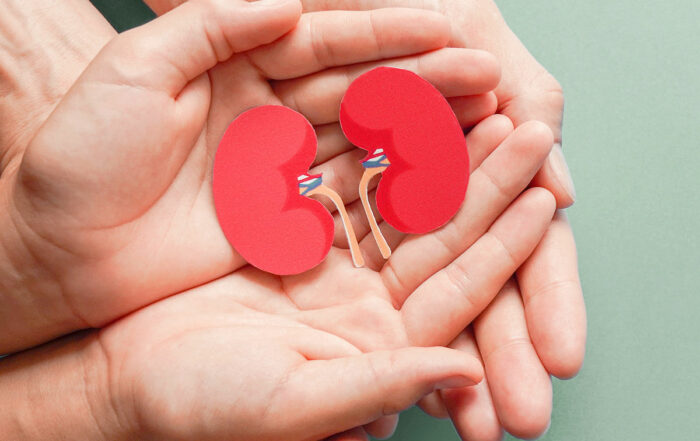
Medication can help save lives, but – like with all things – too much can be harmful.
Hemodialysis patients have a very high pill burden (averaging 12 medications a day) and research suggests many of these medications may not be necessary, potentially leading to unnecessary hospitalizations and adverse drug reactions.
To help reduce this burden, a Can-SOLVE CKD research project developed a new tool to help care teams identify unnecessary medications being taken by hemodialysis patients. The STOP Med-HD research team has spent years developing and validating the tool – a set of “deprescribing” algorithms – and now the time has come to implement it in the clinic.
Dr. Marisa Battistella, a Pharmacy Clinician Scientist at the University of Toronto and University Health Network who is leading the study, says the new deprescribing tool will be implemented at the Toronto General Hospital – University Health Network first. The insights gained from this initial pilot will be used to implement the tool more broadly at three additional sites across Canada.
Although the deprescribing tool has the potential to significantly improve the lives of people on hemodialysis, the research team needs an effective way to help patients and their care teams understand the value in the tool and best way to use it.
Notably, some patients in the first phase of the project expressed concern about stopping medications they believed to be necessary. This prompted the STOP Med-HD team to develop strategic communications materials to help patients understand why certain medications can be stopped safely.
“I think that our tools will help to optimize medication use in hemodialysis patients, as well educate patients on medications and deprescribing,” says Battistella. “Our patient partners helped us to develop these tools as well as to validate them, so they are all ready for use in practice.”
As well, the team is exploring the possibility of patient partners talking one-on-one with other patients to explain the deprescribing tool. This peer support approach may help patients better understand deprescribing and feel more comfortable with stopping some of the medications, explains Battistella.
The pilot study in Toronto was launched in February. “It is exciting, as data from this pilot study will help other sites also implement our tools,” says Battistella. “The results could really ease the pill burden for many people living with kidney disease in Canada.”
“I think that our tools will help to optimize medication use in hemodialysis patients, as well educate patients on medications and deprescribing. Our patient partners helped us to develop these tools as well as to validate them, so they are all ready for use in practice.”
-Dr. Marisa Battistella
More Research Impact
Connect with us!
Subscribe to learn more about what we do, why it matters, and how you can get involved!







